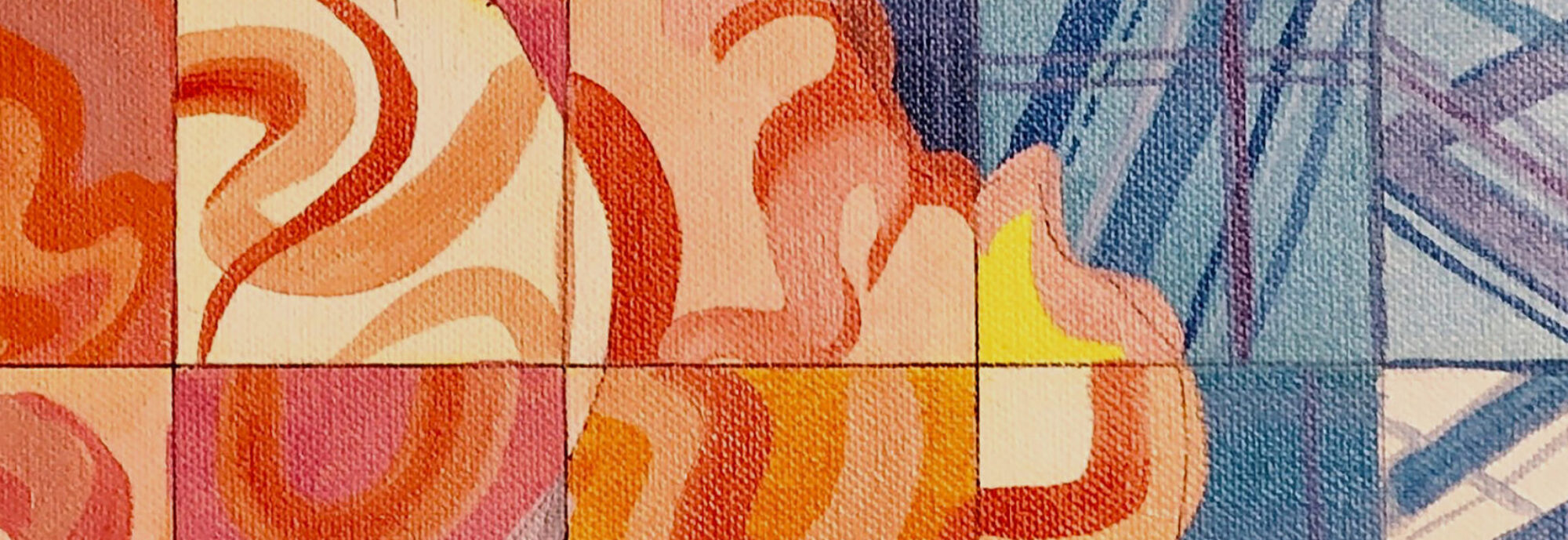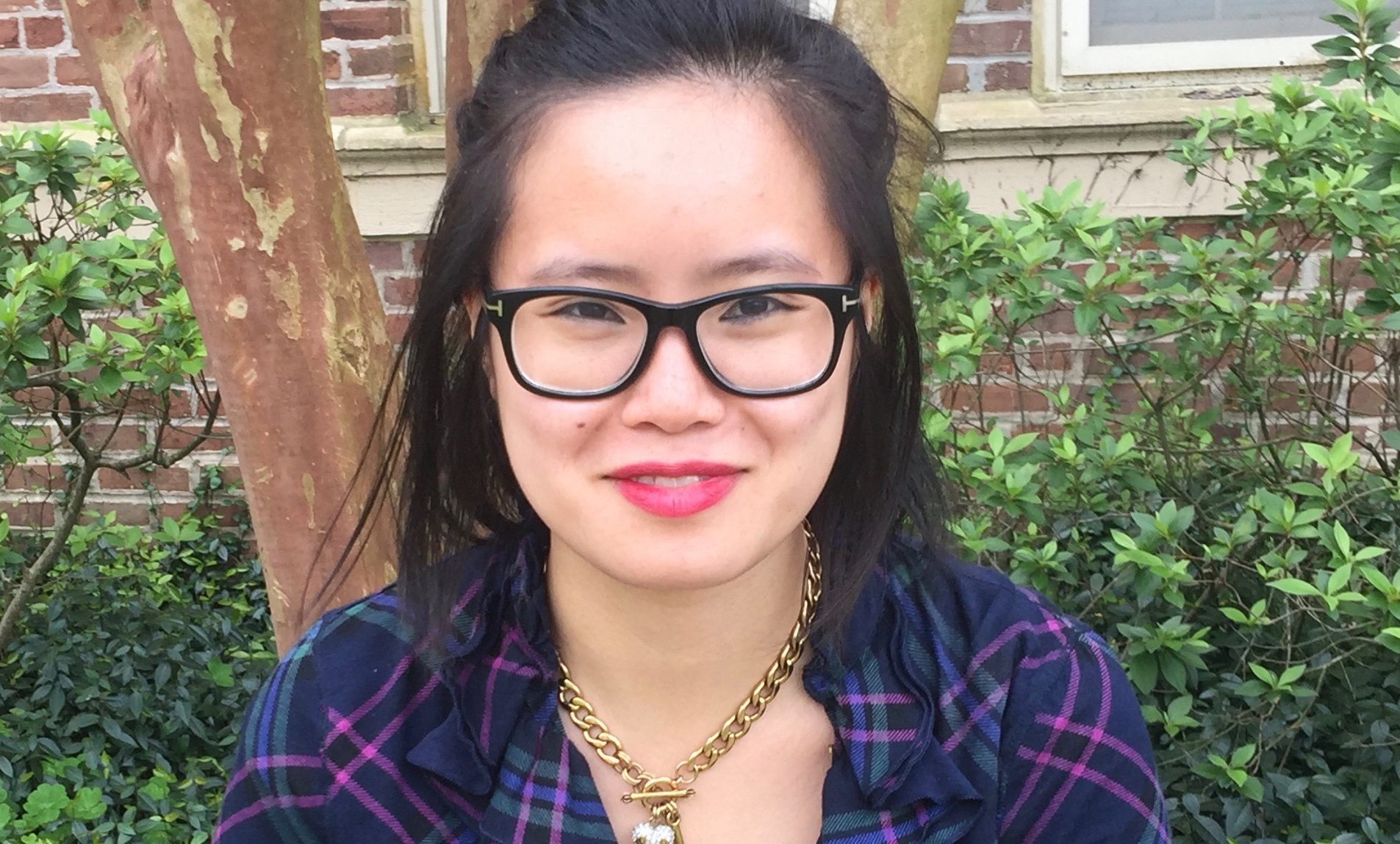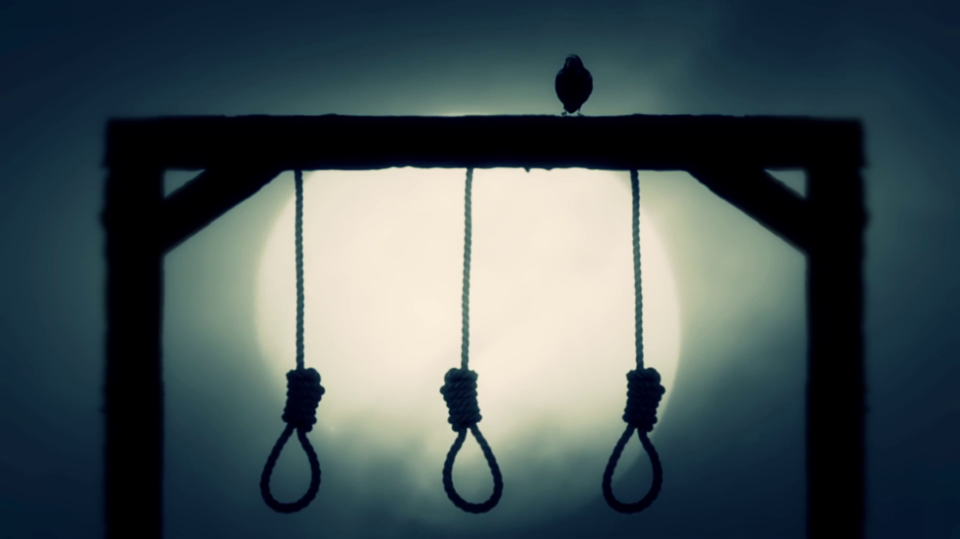By Obi Calvin Umeozor
On your deathbed, this is what you think of:
You think of the night, years before, when Uloma’s call disrupted your sleep. The night the network was so sketchy you ran out the door of that one-bedroom shack- on-a-hill you called home to get better reception; to hear – above the crackles from the other end of the line, above the croaks of frogs belching hard into that cold November night – your Americana sister say the words you had been waiting thirty years to hear.
“We found him.”
In Tallahassee, Florida, of all places. And your knees buckled, and you sat there on the bench of weathered wood beneath the mango tree in your front yard, beyond the glow of the bulb above your doorpost that passed for a security light, and you swiped at mosquitoes and sand-flies as you listened to your sister in Baltimore tell you how she had gone down to Tallahassee to visit Ezinne, her daughter, at your alma matter; had gone to the South Hill Baptist Church that Sunday and beheld him preaching fire and brimstone from a pulpit of fiberglass. “We found Emeka,” Uloma said over and again, her voice cracked with disbelief; with three decades of pain. And there in the cold and the dark, with your sister’s raspy voice in your good ear, you had already begun calculating how much damage a plane ticket from Lagos to Florida would do to your savings. You were 49. And even then you had an arthritic knee and an inhaler in the breast pocket of your pajama top. And an octogenarian mother in a hospital two hours out of town. So your itinerant days were well over, you knew this. Yet, more than anyone else, you also knew how badly you had to – needed to – see your brother again.
The next morning you called your boss, the principal of the local girls’ secondary school and told him you wouldn’t be showing up to work for the next few weeks. You hung up on his protestations because you hadn’t once missed a day of work in the ten years you had been teaching there, and so you felt entitled to this break of sorts. You took your American passport out of the cellophane bag in the briefcase behind your dresser and you stared at that picture from ’93, from a far hap- pier time; when there wasn’t a streak of white in your hair; when you still had a smile, one that tugged at the left side of your face; when your eyes still had a glow in them. You thought again of Paunise, your Haitian-American ex and what could have been. You mounted your old Yamaha motor- cycle and you rode, in a trail of red dust, down to the cybercafé in the middle of town to book the earliest flight ticket you could find.
You headed down to the psychiatric hospital to see Mama.
She was in bed when you walked in and she smiled. But you ignored it as you took the chair beside the bed because you knew her smile wasn’t for you. Mama was battling late stage Alzheimer’s then, and you’d grown weary of telling her over and over, “It’s not Emeka. It’s me, Obinna. Remember?”
Nevertheless, you took her frail hand and stared into her deep-set, weary eyes and asked how she was. Then you told her you were flying back to the States. No, not to Baltimore to see Uloma or her husband, Salim, but to Tallahassee to find Emeka. Her eyes lit up at the mention of his name but she said nothing. She slowly pulled her hand out of yours and gave you an awkward smile, her eyes flitting from side to side. You sat with her a while, as you had done every week of her stay up to that point, and you looked out the dust-filmed window at the udala tree waving its branches in the Harmattan breeze out in the courtyard, at the fruits the size of tennis balls, and you wondered if you could reach out the window and pluck just one, and suck its fleshy seeds and juice the color of milk and let it slap the inside of your cheeks till you smacked your lips together like a baby tasting lemon for the first time. You imagined this would drive off the smell of disinfectants and air-fresheners that hung heavy in that hospital room. Mama dozed off before long and you got up to leave. But at the door, her voice reached you, frail and wiry, from the edge of her dreams. “Emeka?”
On the flight to Jacksonville, you didn’t sleep a wink. You ignored the entertainment system in front of you, because you hadn’t watched TV in years and you weren’t about to start then. In- stead, you looked out the window and feasted your eyes on the vast blue blanket spread across the sky over the Atlantic, far as the eye could see. The buzz of the plane engines and the snores of the heavyset man in the seat beside you began to make you drowsy.
***
So you closed your eyes and you were 17 again, and Emeka was chasing you through the football field behind your house on the outskirts Port Harcourt, yelling for his stolen jersey back. You kept whipping the damp thing above your head like it was a rotor blade as you sprinted beyond his reach, the cheers of the other kids on the field spurring you on. Till Emeka got close enough to lunge at you and pull your down into the dusty turf with him. You exchanged smacks and nudges with your brother before he slipped his arms underneath yours and tickled hard at your sides till you began thrash- ing around on the ground like a distressed fish. Of course Emeka had always known that was your weak spot and he never failed to exploit it whenever you both got into one of your many tussles. Just then Uloma – ten at the time – who had come out earlier to tell you both that Mama had asked that you come into the house be- cause it was getting dark, ran out the back screen-door of the house yelling “Mama is coming!” at both of you. A few seconds later, Mama came pelting out of the house to- wards the field with a koboko cane in her right hand, her soiled apron flapping against her knees. You and Emeka knew the drill. You were both up in a flash and head- ed for the opposite end of the field. And the roar from your playmates in stitches drove you on till Mama was winded and ground to a halt with a shake of her head. And she continued to give you both the death stare over her shoulder as she trudged back into the house, with Uloma giggling and snapping at her heels. You had no worries because you knew that as long as you were with Emeka, Mama wouldn’t mend your butt. You and Uloma knew Emeka had Mama wrapped around his finger and you both used it to your advantage all the time.
Mama had given birth to Emeka in Houston, one year after she had married Papa; two years before they moved to Nigeria and had you and Uloma. But Mama always had a special attachment to Emeka, maybe because he was her first, maybe because he was a very lovable boy, with his quaint ways and voice deep beyond his years. That attachment only grew stronger after Papa died in a plane crash a couple of years after Uloma was born. In many ways, Emeka became the man around the house and he would often use that position too eagerly. And though he was only five years older, he would hover over you like you were just as much a toddler as Uloma. And though you knew he meant well, you somewhat de- tested the way he would poke his nose into your feuds, looking to fight your battles.
You didn’t know how much you would miss the horseplay and the tussles and the hovering until the year you turned 19, when Emeka began seeing Sandy and practically moved in with her. He was on the verge of completing his Electrical Engineering bachelors at the University of Port Harcourt, which was about an hour from home, and so he wasn’t always available anymore for Mama to stick her nose in his business. He told her he was in the middle of his final project and had to stay on campus more often to take care of it. Mama believed him, as she always did, but you knew better. As your brother grew scarcer, you grew to loathe his girlfriend – frail, gorgeous Sandy – even though she was very mild-mannered and easy going. It was all a game to her, you said to yourself. You knew she was trouble, everyone did. She was the only child of the Education Minister, Chief Nwosu, a widower who had spent much of his hustle years teaching Biology in some of the most desolate places in Southern and Eastern Nigeria, until a policeman beat him senseless during a traffic stop for refusing to drop a bribe. He sued the police for millions in damages and won; and after the much publicized court victory, no one was worthy enough to sniff his filthy laundry, much less hold his princess’s hand. Emeka knew all this, knew what an erratic man Sandy’s father was, but it didn’t faze him. He was sure – he told you so – that he was being discreet enough in public, that the Chief didn’t know his daughter was dat- ing a broke engineer.
All this had Mama so worried she took a couple of days off her work at the State Secretariat to drive down to Emeka’s campus apartment to look for him. He was no- where around. In fact, the landlord told her that he didn’t live there anymore. Said he lived with his girlfriend now, in an upscale apartment in the Government Residential Area of Port Harcourt. You had to calm Mama down when she got back. You even took over the handling the smaller affairs in the house to take the load off her.
And then that night happened. You heard it all from your hysterical mother as she held onto you and Uloma in the backseat of the taxi speeding towards Braithwaite Memorial Hospital in downtown Port Harcourt. Witnesses said Emeka and Sandy had left a birthday party–he had told you he was attending – in a hurry. No one knew why. They both ran out the house, hand-in-hand, and got into Sandy’s Peugeot sedan. They both were more than a little drunk, but Emeka insisted on driving, and on a dark deserted road at the edge of town, an approaching headlight was a little too strong for Emeka and he veered off the road, driving straight into an electric pole. Sandy, who didn’t have her seatbelt on, was thrown from the car, and she died in a cluster of wild ferns by the roadside. But Emeka survived, with all but two broken arms and a cracked rib. From then on, everything went downhill fast. The distraught chief promised to get his hands on Emeka; told Mama to her face at the police station where your brother was being held that she wouldn’t even find his body when he was through with him. Mama didn’t wait for another warning. She sold the house, used half the money to bail Emeka out and the rest to send him into hiding with some of her relatives in Houston. And she gathered you and Uloma and left Port Harcourt for Lagos, never to return.
It was two weeks after Emeka settled in Houston that he reported seeing some suspicious figures outside his window one night. And by the next morning he was gone.
***
You got into Jacksonville on Friday at twelve noon and you immediately bought a Greyhound ticket to Tallahassee and called your sister. She said she would call ahead and tell Ezinne when to pick you up at the station. You’re at least excited about that. The last time you had seen your niece was two Christmases ago, when she had flown down to Nigeria to get some of what your sister called “cultural experience.” Uloma had always confided in you about how worried she was that Ezinne had become too Americanized, how she even knew a lot more about her Persian heritage – courtesy of her father’s relatives there in Baltimore – than she knew about Nigerian culture. Uloma told you how this had become a source of constant bickering between her and Salim. So you had taken Ezinne under your wings those three weeks like she was the daughter you never had, and you brushed up her Igbo, even as she practiced her Farsi on you. She rode with you on the back of your Yamaha to see her Granny at the hospital, and you hid your smile as you watched Granny play with Ezinne’s luscious hair, and call her “nwanyioma” even though – you were sure – she didn’t recognize her granddaughter. That was the Christmas you advised her to accept the offer from Florida State.
At the Greyhound station in Tallahassee, Ezinne looked a lot more mature than you remembered. She had her hair up in a bun and was spotting large hoop earring with the map of Africa inscribed within. And her fair skin glittered like it was resistant to the biting cold. Something about how she held herself up, hands on hip, reminded you of Sandy. She flashed that wide smile of hers when she saw you, ran up and crushed you in a hug. And after the hellos, after she quizzed you about your knee and you lied and said it was ok, she asked where it was you want- ed to eat. And you remembered the restaurant by Lake Ella where you had met Paunise during the protest against the Muscovy ducks roundup in the early 90s. “Hungry Sailor,” you said as Ezinne’s car, a Kia Forte, pulled out of the station.
But it turned out Hungry Sailor had been closed down years before, and a coffee shop had sprouted up in its place. So you ordered a chicken wrap because it was the closest thing to a Nigerian meatpie on the menu; and you sat with your niece on the swing bench overlooking the twelve-acre lake. You marveled at how much everything had changed since you were last here; at the rocks on the banks, at the green-roofed gazebo, at the ducks floating un-perturbed in the gleaming water. From the corner of your eye you noticed Ezinne watching you tear into that wrap, and at once you knew Uloma had told her the real reason you were in town.
“You know when I was here, there was a campaign to capture all the ducks and give them out,” you said, to deflect the question you knew was coming.
“Oh I read about that, Uncle. It’s a good thing I wasn’t there.”
And you snickered because you knew how much your niece loved a fight.
“I’ll take you to the church on Sunday,” Ezinne said after a while. “I’ve been there a couple of times before.” You smiled and you gave her knee a pat. And she leaned over and wrapped her arms around you, planting a peck on your bulging cheeks, and her head on your shoulder.
“I’m not giving you a bite of this, if that’s what you want,” you said between mouthfuls and the buzz of her laughter rattled your jet-lagged bones.
You swung on that bench with your niece and you tried to forget that Sunday was only two days away. You tried to forget how much things had changed since the last time you saw Emeka, at the departure lounge of the Murtala Muhammed Airport still holding onto Mama’s weeping form even though he had already said his goodbyes to her, to Uloma, to you. But it isn’t all that easy to for- get. You remembered most vividly Mama’s meltdown when Emeka went missing; she was sure the Chief had gotten to him. You re- membered how quickly Uloma ran out of there the moment she got the Fulbright scholarship. And of course there was your own es- cape to Florida State University, an escape so complete you married Paunise for the green card and you bought an apartment too – not even Uloma knew about that. Until you got the news that Mama had “gone mad” and you moved back home to be with her. They said she had Alzheimer’s and that it was, on some level, hereditary – and you remembered Mama saying something about a “crazy” uncle – but deep down you knew the reason she fell apart as quickly as she did.
“Did you hear about the Category One that came through here last month?” Ezinne asked after a while.
Of course you hadn’t. “I think so.”
“Well, I was really bothered about them,” she said, lifting her head off your shoulder and pointing to- wards the ducks dawdling in the water. “But when I came to check the next morning, they seemed just fine. And then I began think- ing: where do ducks go in a hurricane, Uncle?”
You were damned if you knew.
You spent the next two nights on the couch in Ezinne’s cramped apartment overlooking the school stadium – an imposing red-brick affair that still hadn’t changed all these years – and on Sunday morning she insisted on driving you to the church. You hadn’t re- ally talked about Emeka with her, but you knew you would when the time was right. On the way there, in the passenger seat of her car, the knots in your stomach were screwed so tight you could barely breathe, barely keep still. The back of the white starched shirt you had donned for the occasion
was soaked through, even though it was only sixty degrees outside.
The service didn’t start until an hour after you both got there. You sat with Ezinne all the way in the back, behind a screen of feathered hats and silk hand fans. You tapped your feet to the choruses sparked by the choir on the raised platform by the altar and picked up by a drone of eager voices. You watched your niece sing along to the worship tunes that came after, you watched her wave her hands in the air with her eyes shut tight and you wondered if this too was a phase, like the Hindu one she went through three years before. And through all this, you scanned the altar for any sign of your brother.
And then one of the ministers, after a rather dour prayer session, called up to the pulpit a Pastor Matthew Walker and the congregation erupted, as a lean, somewhat bent man climbed the steps of the altar and walked gingerly towards the pulpit. And you couldn’t help but hold your breath.
In a navy blue suit stood what looked to be a much older version of your brother.
But you weren’t sure until he opened his mouth to speak about the Sermon on the Mount, about
how it was incredibly important to be peacemakers in a turbulent world. And that voice, though croaked and much deeper than you remember, though bearing a heavy Southern American accent, took you back many years to a time you weren’t sure you wanted to remember anymore. Ezinne slipped her hand in yours and held on, and it was only then you realized how wet your face had become.
And as you made your way towards Pastor Matthew after the service was done, with Ezinne by your side, you noticed how much of his hair was pearly white, even though, by your calculation he couldn’t have been more than 54. His smile was still as disarming, and he flashed it at the church members lined up to shake his hand and congratulate him on a great sermon. As you waited your turn, your heart pounding furiously in your chest, a woman who looked to be about your age, walked up to the pastor from be- hind, handed him the child in her arms, and pecked his cheek as she rushed away. You hesitated, watching the pastor grin as the girl, no older than two, stroked his chin. But Ezinne nudged you on without a word and soon you were right in front of the man you had been searching for most of your adult life. At first he smiled without a fuss and extended his free hand to you and Ezinne, and apologized for the toddler’s “chin-stroking fetish,” but then as he searched your face when you didn’t immediately respond, you watched the realization hit him like a block of brick; you watched his jaw drop open.
“Obinna?” His voice was barely above a whisper.
You nodded because your lips wouldn’t stop quivering. You took his hand gingerly as he stretched it out to you again. You watched him struggle to keep his cool right there in the front of the altar, with the crowd pressing in around you, eager to have a word with him. Your brother stooped to drop the kid he was carrying and he told her to go find her mother. He looked at you again, the shock still drawn across his face. “That’s my granddaughter, Lulu.” You already thought as much, so you simply nodded again. You saw him fix his eyes on Ezinne beside you; you heard him gasp, “Is that Uloma’s…?” You nodded yet again, as he took Ezinne’s outstretched hand and shook it eagerly.
At that point you wanted to get it over with. You knew deep down that the burning question wasn’t “why?” You weren’t there for that. The only reason you had held onto his memory all those years, the reason you had flown so far from Mama, from home, was to tell your brother how sorry you were. How you hadn’t meant to tell the Chief that he was going to be at that party with his daughter. Well, you had meant to but only because you wanted to get him back to Mama who was hurting so bad, only because Sandy was bad news. You wanted to tell your big brother how you had no idea it would all turn out the way it did.
But you can’t quite find the words. And when a church member tapped Emeka’s elbow to introduce the lady on his arm as his wife, you took that window and you spun on your heel and made a beeline for the door. You didn’t stop when Ezinne called out to you; you didn’t stop for the deep, familiar voice screaming “Obinna!” over and again. You cut through the crowded parking lot where you almost got run over by a Cadillac the size of a tank and you hit the sidewalk, leaving the church’s giant spires pressed hard against the blue skies behind you. You broke into a trot; you ignored the bite in your knees, and the frigid breeze grating your face, and you ran, as you have always done, from your troubles. You passed the old town cemetery, and the post office. You didn’t care where you ran to, so long as the old fig trees kept their shelter above you.
You flew back to Nigeria the next week, and you burnt your American passport as soon as you got home, even though you had promised Ezinne at the airport that you would be back to see her. Uloma didn’t speak to you for weeks; and when she finally forgave you for coming into the country without stopping by Baltimore, you asked if she had spoken to him yet.
“Who?” she asked.
You could tell she still hadn’t forgiven him for what he put Mama through. Of course you were not going to tell her what you had done; that was between you, and your God, and perhaps Emeka.
So you went back to your solitary life in that house on the hill, and you buried your mother beneath the mango tree in the front yard, and that secret deep in your wrinkled heart, where no one could see it, not even the doctors that found the lump in your chest.
About the Author:
Obi Calvin Umeozor received his B.A. in English from the University of Port Hartcourt, Nigeria and taught English Literature before moving to the States in 2015, where he obtained an MFA in Creative Writing from Florida State University. His work has appeared and is forthcoming in the New Orleans Review, adda and others. He was shortlisted for the Commonwealth Short Story Prize in 2018.





